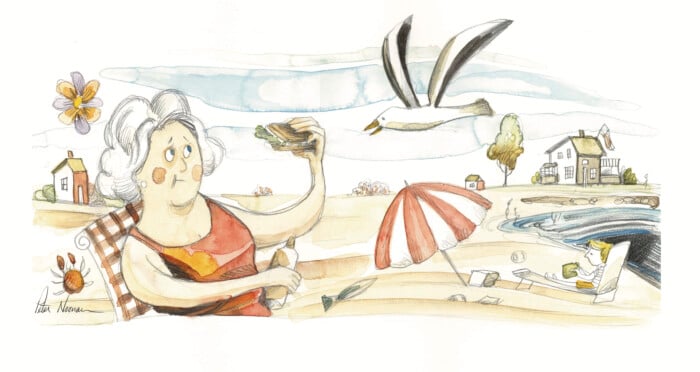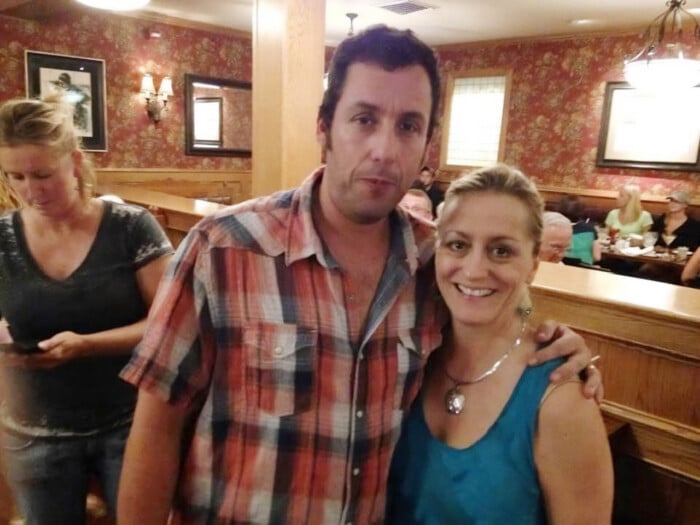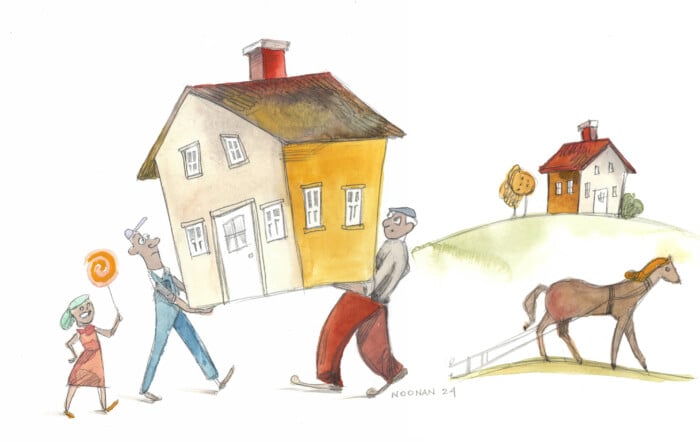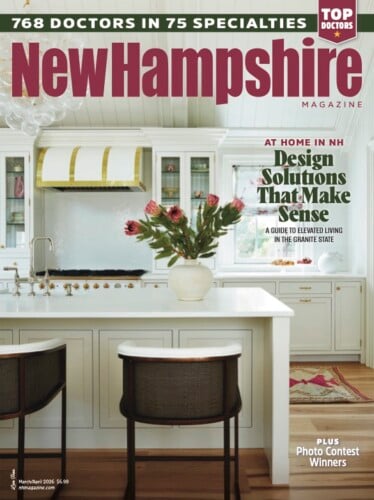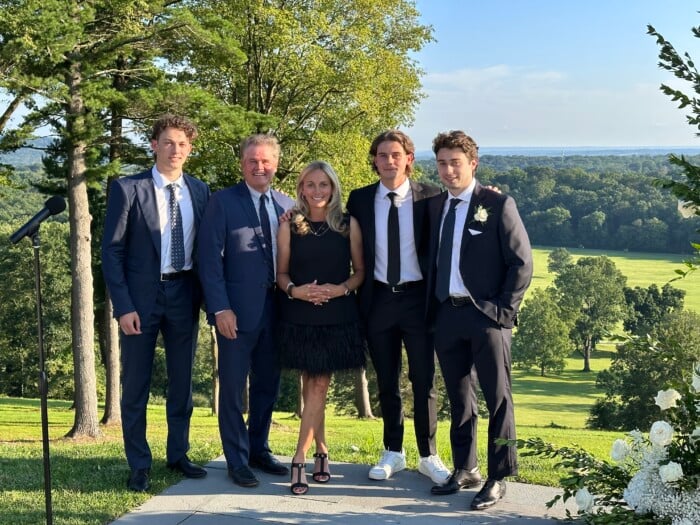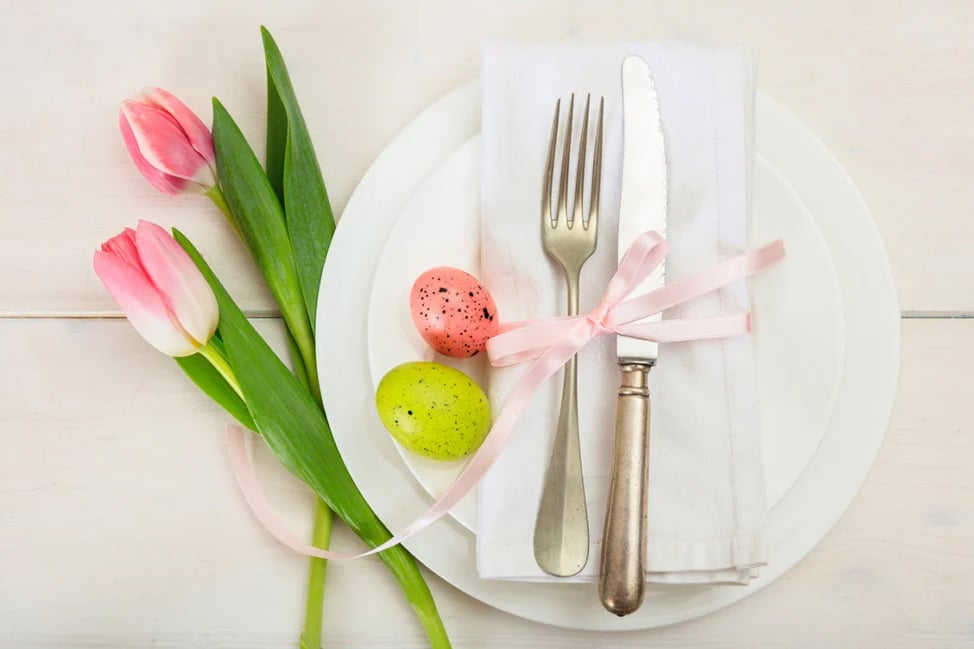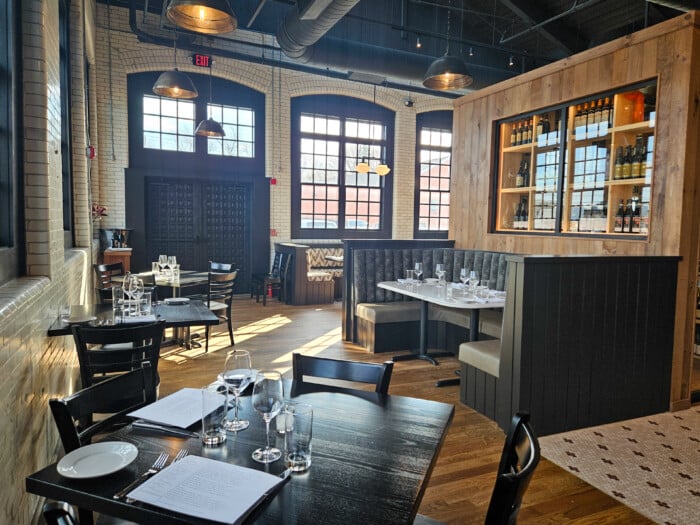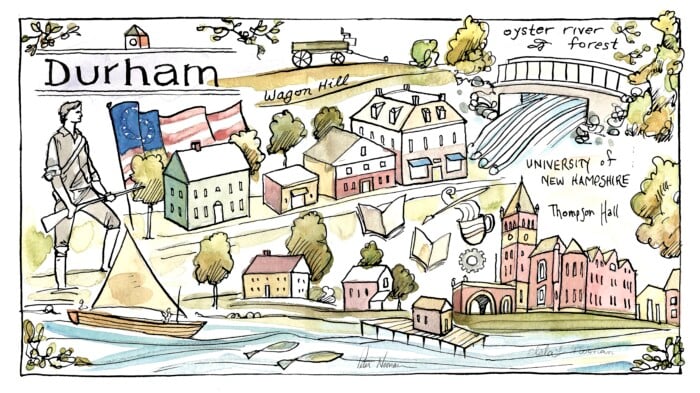Ample Sufficiency
 Thanksgiving. A time of bounty. If you’re lucky. For frugal yankees (is there any other kind?), it’s a conundrum. So much food, piled high, no way to eat it all at one sitting. Yet we try. Somebody peeled those onions and basted that Tofurkey. Time to put on the feedbag.
Thanksgiving. A time of bounty. If you’re lucky. For frugal yankees (is there any other kind?), it’s a conundrum. So much food, piled high, no way to eat it all at one sitting. Yet we try. Somebody peeled those onions and basted that Tofurkey. Time to put on the feedbag.
Bounty is the flip side of frugality. If you’re frugal, eventually you reap reward. Indigestion be danged. You rub your belly and moan, “Why did I eat so much?” The host suggests pie. No yankee worth their poultry seasoning refuses pie. Just a sliver. Of each.
For days afterward, it’s pie for breakfast with snappy-old-snap-snap cheddar.
Leftovers become casseroles; soups; sandwiches; a cracker, snappy-old-snap-snap and pickle charcuterie. Even in the season of bounty — especially then — little is wasted.
In my childhood home, one slice of bacon always remained untouched on the platter after breakfast. At other meals, a wedge of potato would go cold in the pot. Maybe the bacon became a dog treat and the potato, eventually, turned into hash browns, but in the moment, these uneaten morsels symbolized plenty. More than enough. Ample sufficiency.
“I’ve had ample sufficiency,” the satisfied yankee asserts. “Anything more would be anathema to my delicate constitution.” Meanwhile, the littlest yankee, when asked if he’s had “plenty to eat,” replies, “I didn’t know there was any!”
No child at our house had to be told to leave the last slice of bacon. Nor did they need to be told, when company dropped in at meal time, “Family hold back.”
A look from Ma sufficed as she fixed waffles or salmon wiggle (canned salmon creamed with peas over toast). Once, in a pinch, she assembled corn chowder. Easy. Peel potatoes, chop onions, simmer, add milk. Most of the chowder had been gratefully consumed when it struck her: “I forgot the corn!”
“Eat it up, wear it out, make do, or do without,” is often attributed to Calvin Coolidge, though it seems like a mouthful for the famously taciturn Vermonter. In other words: waste not, want not.
Like a tea bag.
Reuse it until the flavor’s gone, then compost it.
Like electricity.
A Deering observer said, with admiration, in all the years he’d driven by his neighbor’s house, he’d never seen “but one light on.”
Carol Harvey Clapp, in her Epping memoir, “’Til the Cows Come Home,” tells how her brother and her father, Daniel Webster Harvey, went looking for a neighbor in the neighbor’s barn. It was so dark, Dan tripped over a sill. The cows were “coughing and rattling their chains.” Man and boy could barely make out “the rear ends of bony Holsteins.”
Dan yelled, “Jimmy, you in here?”
“Who is it?” Jimmy replied.
Dan and son groped through the darkness, turned the corner. There sat Jimmy on a stool, milking. A single lightbulb hung overhead. Jimmy finished with that cow, unscrewed the bulb, moved to the next stall, screwed the bulb into that socket, and proceeded with his milking.
That’s thrifty!
Recession, inflation, layoffs, illness, tree through the roof, winter itself — these are among the challenges that reinforce our genetic frugality.
Faced with the bounty of the harvest, we say: “We eat what we can, and what we can’t we can.” (I’m not fussy enough to can, so I freeze.)
Less is more until there’s not enough. We save for the lean times we know, in our bones, will come. And if those lean times, miraculously, don’t come? That’s even better than a poke in the eye with a sharp stick.


